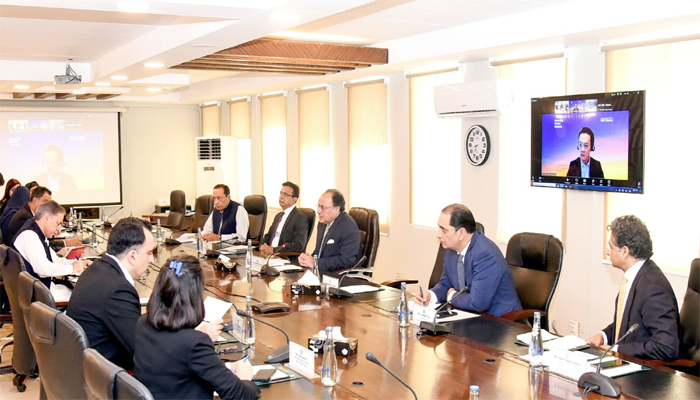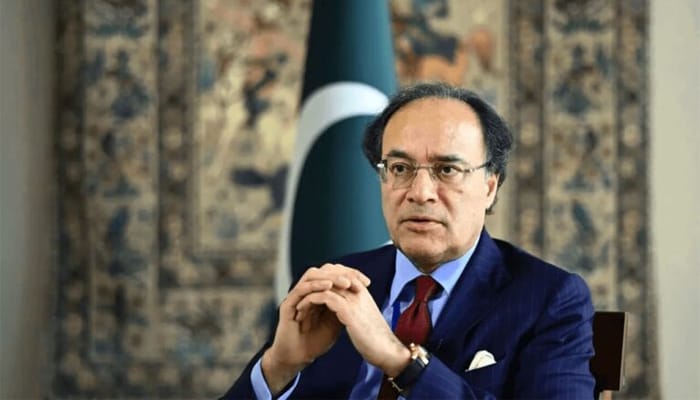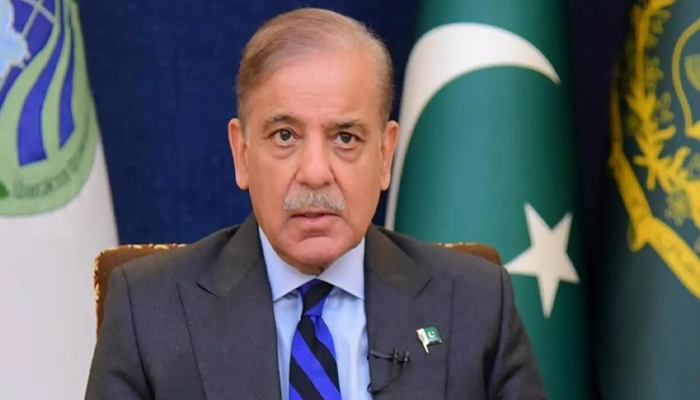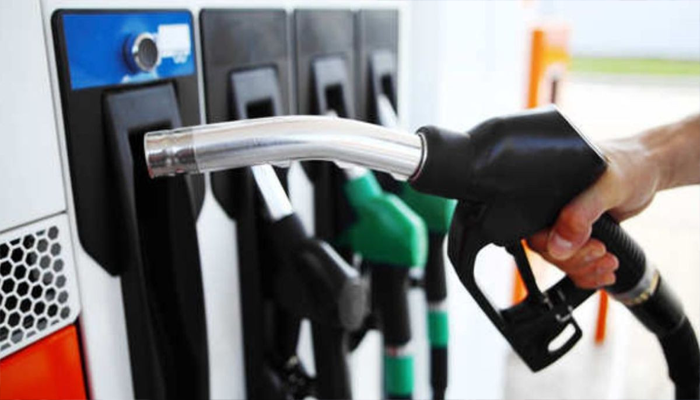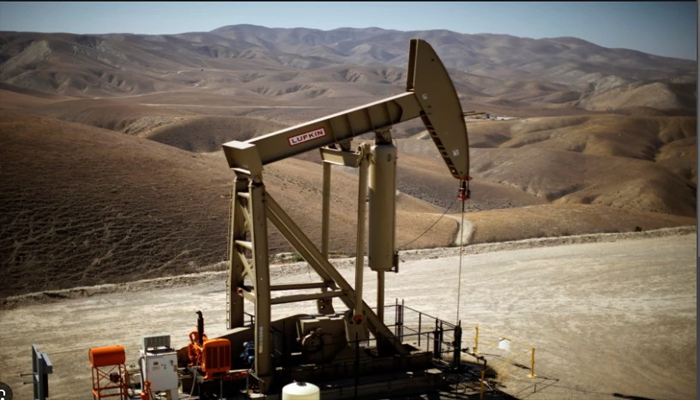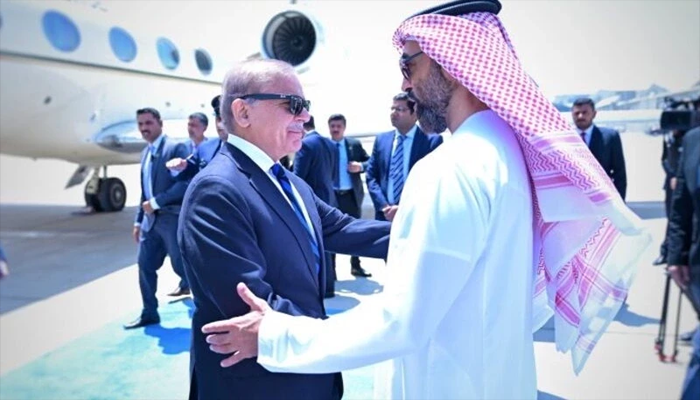ISLAMABAD: Finance Minister Muhammad Aurangzeb has announced that Pakistan’s tax-to-GDP ratio is expected to reach 10.6% by the end of the current fiscal year. This achievement is seen as a significant step toward the government’s goal of raising the ratio to 13% by the conclusion of the 37-month Extended Fund Facility (EFF) agreement with the International Monetary Fund (IMF).
Aurangzeb made the remarks during a Zoom meeting on Friday with representatives of S&P Global Ratings, part of the ongoing Pakistan Sovereign Ratings Review. In the meeting, he provided a comprehensive overview of the government's macroeconomic reform agenda, emphasizing Pakistan’s commitment to achieving sustainable and inclusive economic growth. He highlighted the government’s efforts to enhance productivity, promote exports, and implement structural reforms.
The Finance Minister elaborated on the key sectors where reforms are being carried out, including taxation, energy, state-owned enterprises (SOEs), privatization, public finance management, and more active debt management strategies. He also discussed the government’s initiative to separate the Tax Policy Office from the Federal Board of Revenue (FBR), aiming to align tax policymaking with economic value principles rather than administrative convenience.
Aurangzeb also pointed to positive developments in inflation and the current account deficit (CAD), which have remained stable throughout the year, contributing to overall economic stability. He noted that surpluses in both the primary balance and current account were key milestones, signaling improving economic fundamentals.
Looking ahead, Aurangzeb projected that Pakistan’s foreign exchange reserves would reach $14 billion by the end of June, supported by institutional and trade inflows, strong remittances, and easing oil prices. This boost is expected to reduce pressure on the external account and help stabilize Pakistan’s external portfolio.
During the meeting, the finance minister also reflected on his recent visit to the United States for the World Bank/IMF Spring Meetings. He noted that feedback from international partners had been encouraging, with praise for Pakistan’s structural reforms and the progress made in stabilizing the economy over the past 14 months. Aurangzeb concluded by reiterating that Pakistan would continue its reform momentum and work to secure long-term economic stability.

